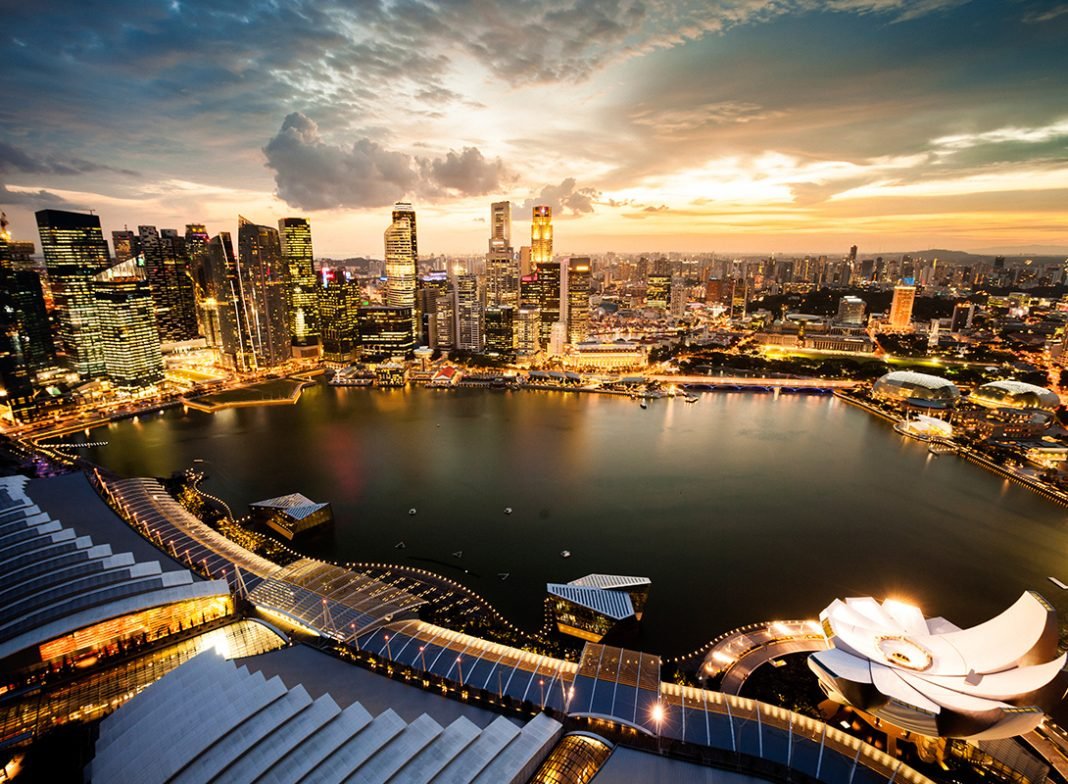Embark on a journey to Singapore, an island city-state known for its incredible transformation from a modest trading post to a global financial powerhouse. Renowned for its economic stability, strategic location, and innovative spirit, Singapore is a prime destination for businesses and investors seeking a competitive edge in the Asian market. This comprehensive guide provides an in-depth look at Singapore’s thriving business ecosystem, uncovering the strategies, sectors, and cultural insights crucial for success in this dynamic hub.
Economic Overview:
Singapore’s economy is a model of efficiency and competitiveness, characterized by its open and corruption-free environment, stable prices, and high per capita GDP. It is a major hub for finance, business, trade, and logistics, thanks to its strategic geographical position. Key industries include electronics, chemicals, financial services, and oil drilling equipment. The government’s proactive approach in fostering innovation and entrepreneurship continually propels the economy forward.
Investment Opportunities:
Singapore’s business-friendly climate is epitomized by its robust legal framework, attractive tax system, and openness to global trade and investment. The city-state is especially ripe for investments in sectors like technology, biomedical sciences, and sustainable urban solutions. Its status as a regional hub also makes it an ideal location for setting up headquarters and tapping into the wider Asian market.
Starting and Doing Business:
Singapore[w] consistently ranks at the top for ease of doing business. The process for company registration is straightforward, with a pro-business regulatory regime. However, success in the Singaporean market requires an understanding of local business practices, compliance with regulations, and a strong network. The culture of meritocracy and efficiency is reflected in all aspects of business dealings.
Navigating the Market:
Despite its small domestic market, Singapore’s global connectivity offers businesses access to international markets. The competitive landscape means that innovation, quality, and strategic partnerships are key. Understanding consumer behavior and staying at the forefront of technological and economic trends are vital for businesses looking to thrive in Singapore.
Business Culture:
The business culture in Singapore is formal, pragmatic, and focused on efficiency. Relationships matter, but they are often built and maintained based on mutual benefit and respect. Punctuality, respect for hierarchy, and a direct communication style are the norms. Adaptability, cultural intelligence, and a long-term orientation are important for navigating the business landscape.


